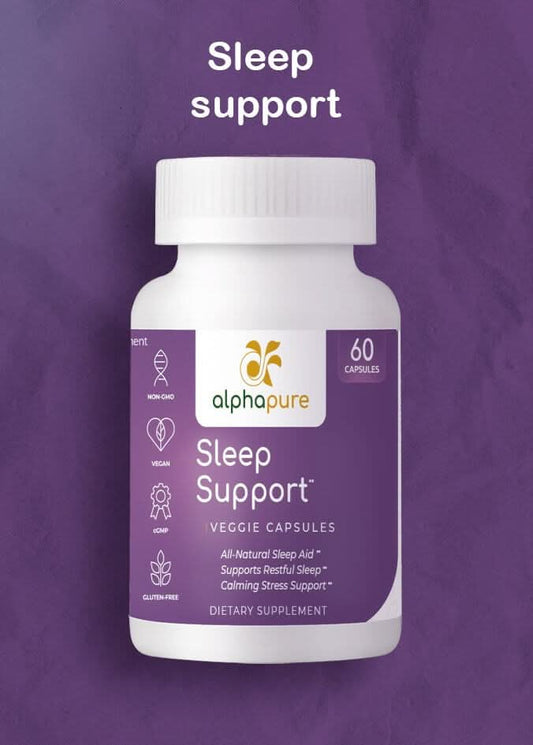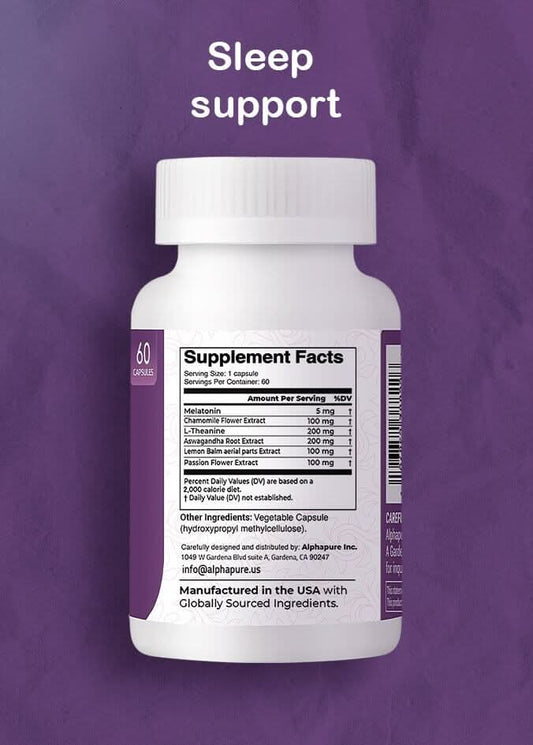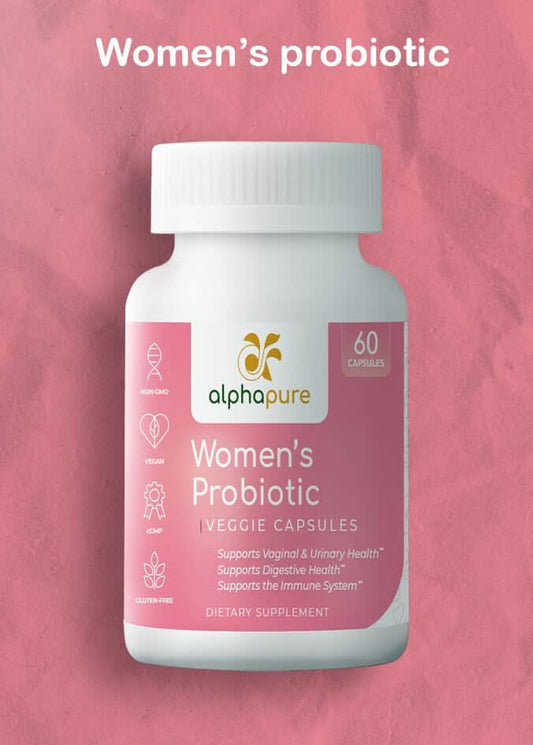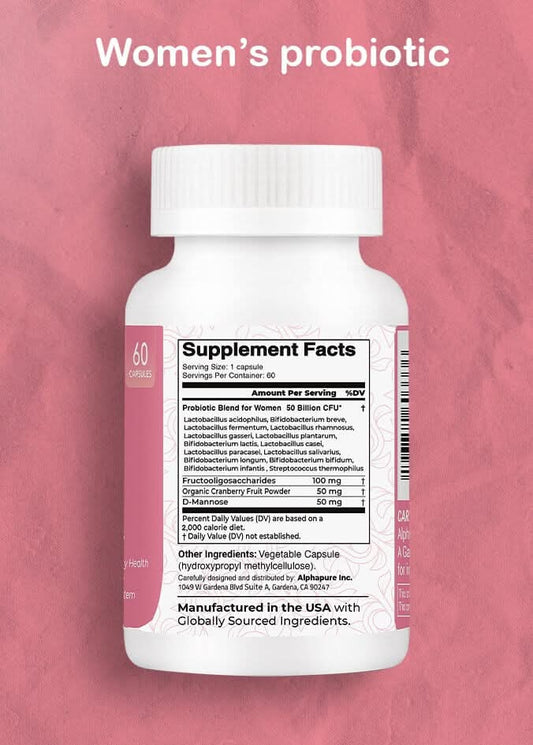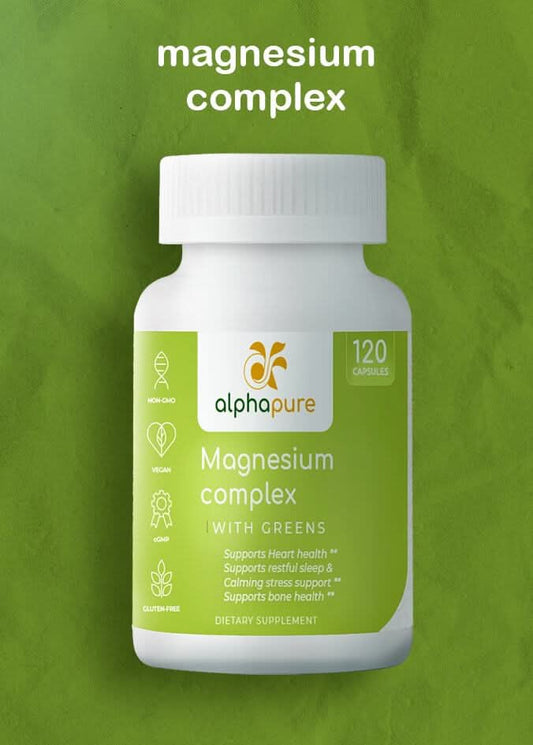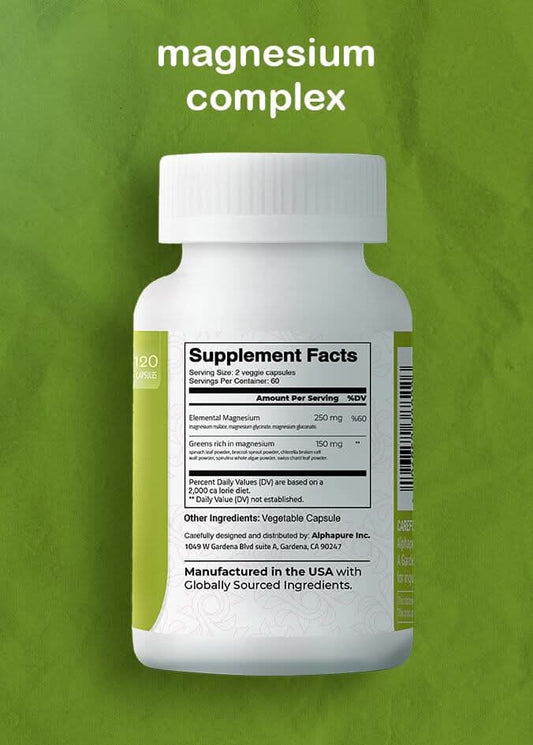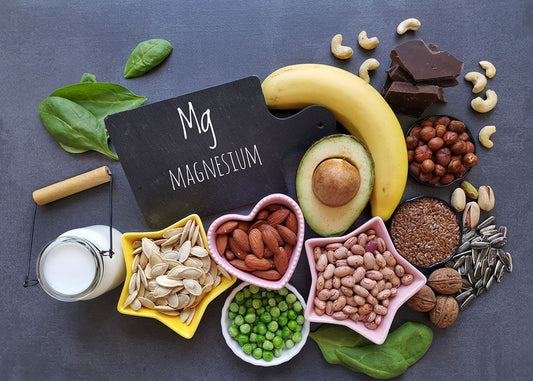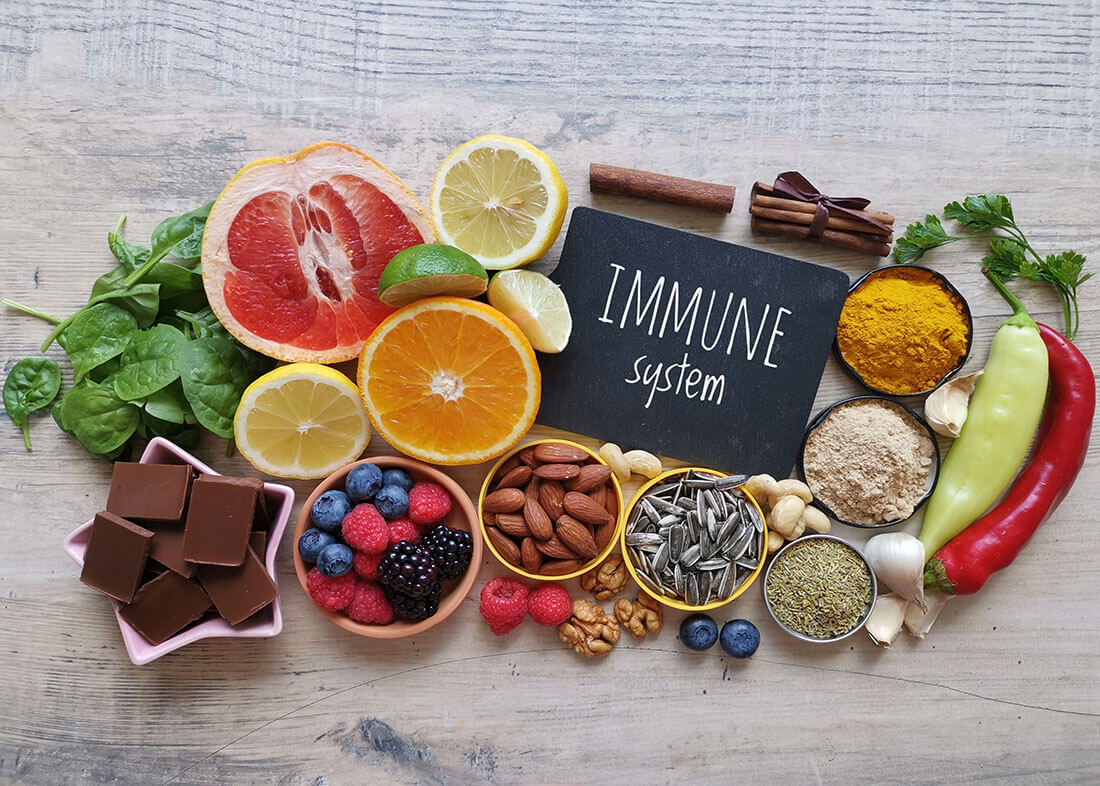
Top Immune-Supporting Supplements to Strengthen Your Body's Defenses
Immune support supplements are important! Nutrients are essential to your body's health, as it relies on them to function. To achieve optimal health, you must do more than pop a pill or chew a supplement. By eating the right foods containing immune boosters, you can stay healthy.
Healthy cells that guard our bodies against potentially toxic invaders are maintained by proper nutrition.
How does nutrition affect immunity?
Nutrition plays a crucial role in initiating the immune system's response to pathogens and reducing chronic inflammation.
Furthermore, eating unhealthy foods may create internal chaos that can spiral out of control. When faced with potential threats (e.g., a cold or virus), the immune system is activated, requiring more energy and nutrients. A lack of those nutrients prevents your body from accessing stores that could speed up the recovery process.
Consequently, malnourished people have impaired immune systems, making them more likely to become ill and hospitalized compared to those in developed countries.
To stay healthy, you need to pay attention to what you eat.
What Causes a Weak Immune System?
A weak immune system can be caused by several environmental and behavioral factors, such as:
- A polluted atmosphere
- Smoking
- Drinking excessive alcohol
- Poor diet
- Sleep deprivation
- Chronic stress
- Obesity
As we age, the body produces fewer immune cells to combat infections, which weakens the immune system. Additionally, nutrient deficiencies associated with aging, particularly micronutrients, can affect immune function.
Autoimmune conditions, such as lupus, rheumatoid arthritis, and type 1 diabetes, as well as certain cancers, can also compromise immunity.
What Is a Vitamin Supplement?
Vitamin supplements, sometimes called dietary supplements, are composed of various ingredients that supply essential nutrients in the recommended amounts. These supplements may include vitamins, minerals, enzymes, amino acids, and sometimes herbs. In addition to preventing disease and nutrient deficiencies, taking vitamin supplements can offer many other benefits.
However, you should only take vitamin supplements with your doctor's approval, especially if you're on blood-thinning medication. Alphapure Supplements offer some of the best supplements on the market, not only because they are original but also due to their great benefits for your body.
Boost Your Immunity With Immune Support Supplements
To maintain your body's energy and health, ensure you include the following nutrients in your daily diet:
-
Vitamin C
Known for supporting health and immunity, vitamin C is widely regarded as one of the best. It also shortens the duration of colds, being a water-soluble vitamin. Apart from being a powerful antioxidant, it may reduce the risk of cancer, heart disease, and aging. Additionally, vitamin C supplementation can increase immunity and help prevent and treat respiratory infections.Other fruits rich in vitamin C include kiwi, guava, papaya, lychee, plums, cherries, strawberries, currants, and persimmons. Cruciferous vegetables like Brussels sprouts and broccoli are also excellent sources of vitamin C. Mustard spinach, sweet peppers, chili peppers, kale, rosehips, parsley, and thyme are other good sources.
-
Vitamin A
Vitamin A supplements can help the body fight infections, particularly respiratory infections. As a powerful anti-inflammatory vitamin, it contributes to the immune system's development and function. Since the human body cannot produce vitamin A, it must be obtained through food or supplements.Foods rich in vitamin A include natural cheeses (not processed cheese like American cheese), yogurt, eggs, salmon, tuna, and anchovies.
-
Vitamin D
Research shows that vitamin D can help prevent colds and flu, both of which are more common in winter. Studies have also shown that over 80% of COVID-19 patients have a vitamin D deficiency. While most of our vitamin D comes from sun exposure, we tend to stay indoors or wear more layers during the winter, reducing our intake. If you're not in a tropical climate, vitamin D supplements are often necessary during the colder months.Vitamin D-rich foods include oily fish like salmon, sardines, herring, and mackerel, as well as red meat, liver, and egg yolks. If you're not getting enough vitamin D, especially in the winter, supplementation may be necessary.
-
Vitamin B6
Vitamin B6, part of the vitamin B complex, plays a crucial role in maintaining a strong immune system by supporting the production of white blood cells and T cells, which regulate the immune response. A deficiency in vitamin B6 can reduce infection-fighting antibodies.Good sources of vitamin B6 include pork, poultry, tuna, and salmon. Plant sources include bananas, peanuts, soy, chickpeas, oats, and leafy greens.
-
Zinc
Zinc helps the body fight viruses and bacteria. Research has shown that zinc can relieve cold symptoms, and 13 randomized placebo-controlled trials have proven that taking zinc soon after cold symptoms appear significantly reduces their severity and duration.Zinc supplementation has also been shown to help prevent COVID-19 and other respiratory infections. Due to its immune-boosting properties, zinc has gained popularity during the pandemic.
Zinc-rich foods include oysters, crab, lobster, beef, chickpeas, cashews, and beans. However, during illness, it may be difficult to get sufficient zinc from food alone, making supplementation in the form of capsules, tablets, or lozenges helpful.
Conclusion
Boosting your immune system requires more than a healthy diet and vitamin supplements. Other lifestyle factors, such as maintaining a healthy weight, exercising, getting enough sleep, minimizing stress, following vaccination recommendations, practicing good hygiene, reducing alcohol consumption, and quitting smoking, all play a role.
When choosing vitamins for your immune system, consider factors such as your diet and health history. Vitamin C, A, D, B6, zinc, and selenium are typically found in immune-boosting supplements. Consult with your registered dietitian nutritionist (RDN) about which supplements are appropriate for you.

